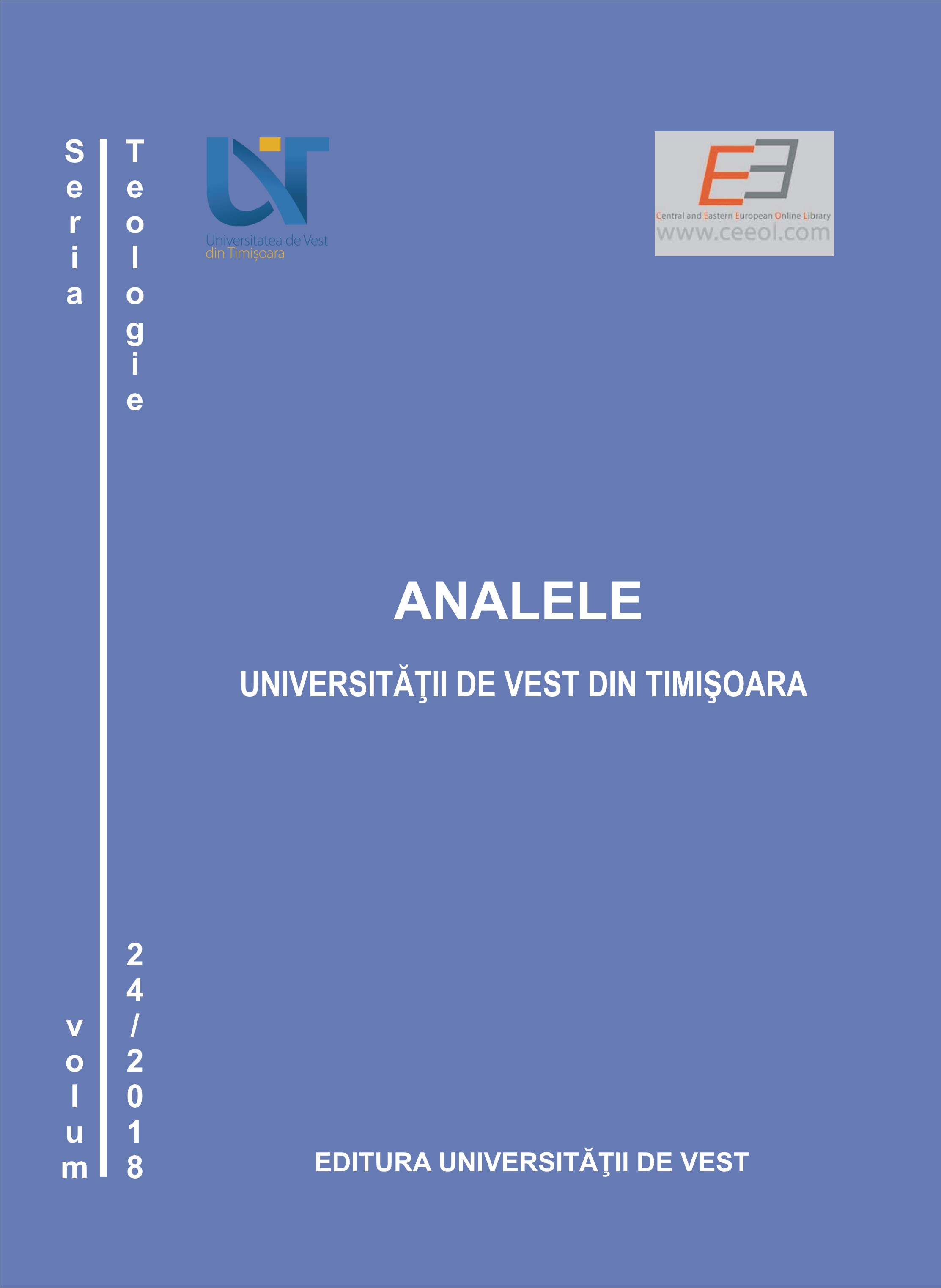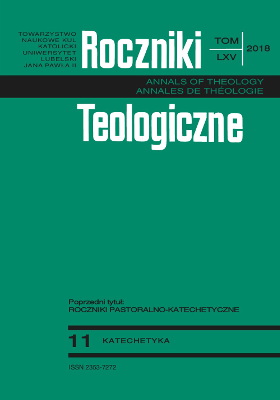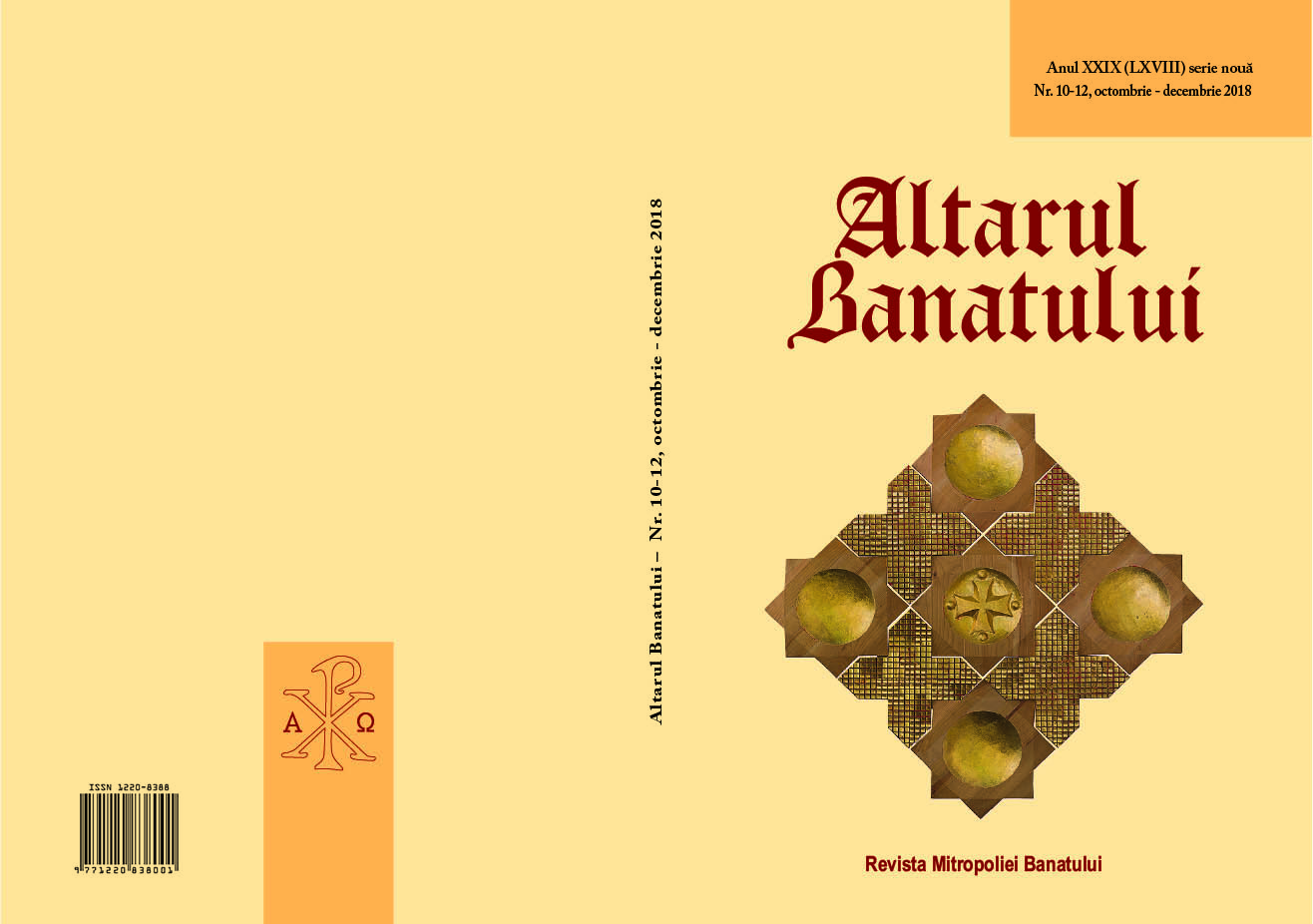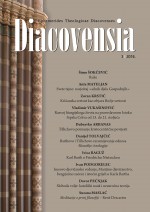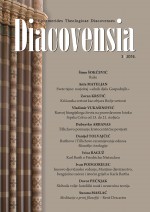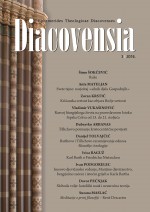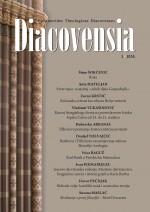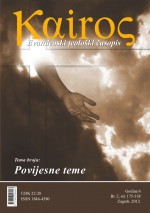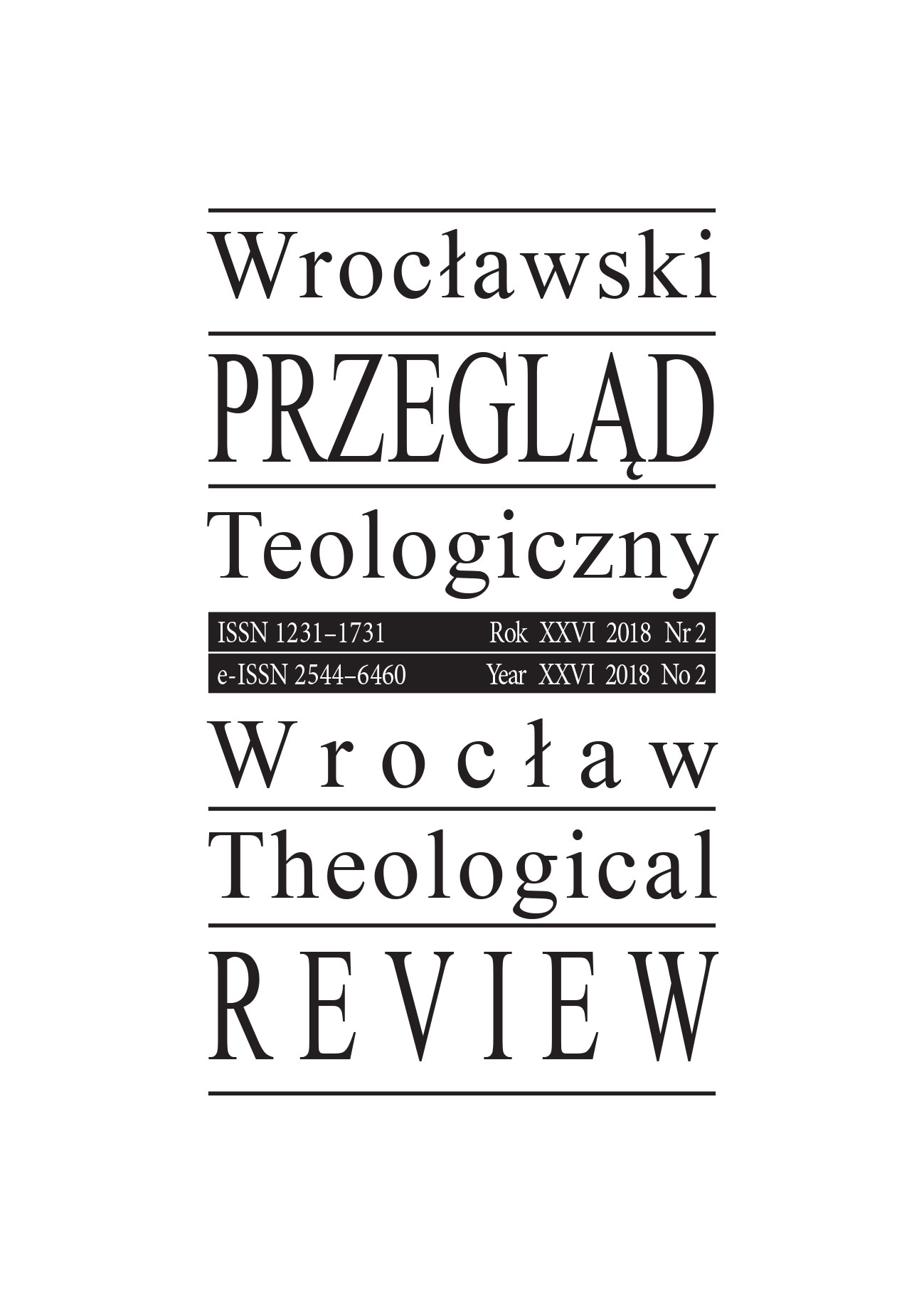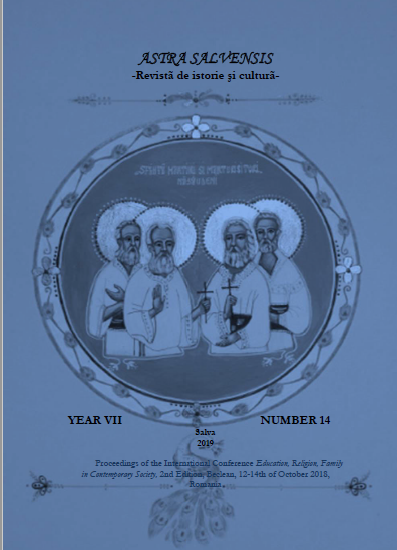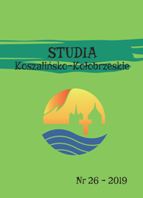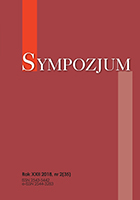
Sakrament chrztu w służbie communio ecclesiae. Teologiczne i prawne aspekty kanonów 849-878 KPK (1983)
The sanctifying task of the Church is carried out in a special way through the celebration of the sacraments. They were established by Jesus Christ and entrusted to the Church as the means by which faith is expressed and strengthen, worship is given to God and human sanctification is accomplished. They also contribute to the introduction, strengthening and external visibility of the ecclesial community (communio ecclesiae). The sacrament of baptism is the foundation of Christian life, the gateway to the other sacraments, and the foundation on which the community of the Church is built. Theological and legal aspects of canons 849-878 of the Code of Canon Law (1983) concern: the meaning and effects of the sacrament of baptism, the baptismal ordinances, the minister and the person receiving the sacrament, the baptismal ordinances, the confirmation and recording of the baptism received.
More...
